Motherson Sumi Systems has announced a string of technical collaborations and this strategy continues to be the mainstay. Ashish Bhatia with Deepti Thore looks at their importance, recovery and expected returns.
Motherson Sumi Systems Ltd. (MSSL), among the largest auto ancillaries, has done everything in its capacity to limit the global headwinds from impacting India operations. The wiring harness manufacturer turned diversified company is claimed to have controlled costs as well as partially recovered revenue encompassing Samvardhana Motherson International Ltd. (SAMIL) and subsidiaries which in turn are known to have aided in a strong operational performance. The company registered a revenue of Rs.14,881 crores and an EBITDA of Rs.1,208 crores in the second quarter of FY2022 (Q2FY22) compared to an EBITDA of Rs.1,462 crores in Q1FY2022. Notably, production costs are known to have increased owing to irregularity in product trends led by Original Equipment Manufacturers (OEMs). Here supply chain constraints are known to have induced a sharp drop in OEM production levels across geographies. While the company, in the long run, expects the technical partnerships to reap rich dividends, in the short term, drop-in volumes and operational revenues have been challenging to deal with for technical Joint Ventures (JVs).
MSSL announced new acquisitions like Bengaluru-based CIM Tools (India) where the company has acquired a 55 per cent stake. CIM Tools is a key supplier in the aerospace supply chain where it engages in machining and sub-assembly of components. Some of its key products include structural machined parts and sub-assemblies for aircraft doors, wings, tail, fuselage and landing gears. MMSL has also acquired a 60 per cent stake by Ningbo SMR Huaxiang Automotive Mirrors Ltd. (“SMR-NBHX”) in Nanchang JMCG Mekra Lang Vehicle Mirror Co., Ltd. SMR-NBHX is a 50:50 JV in China of the Samvardhana Motherson Automotive Systems Group B.V., Netherlands (“SMRP BV”).
Expected to be completed by January 2022, the deal, subject to necessary approvals is expected to benefit SMR-NBHX as Nanchang JMCG Mekra Lang Vehicle Mirror Co., Ltd. opens a front on the manufacturing of automotive mirrors for passenger vehicles, pick-up trucks, and light and heavy commercial vehicles in China. The latter is known to have reported a turnover of Euro 17 million (CNY 131 million) in CY2020. Vivek Chaand Sehgal, Chairman, Motherson in a SEBI disclosure has stated, “This acquisition is of strategic importance to us. We see a lot of synergies in the products and processes of both companies. This acquisition will further strengthen Motherson’s presence in this large and growing market and provide access to new customers and vehicle segments, bringing more opportunities for future growth and expansion.”
Negotiating headwinds
The company awaits the National Company Tribunal Law (NCTL) approval on its proposed reorganisation. This entails the announced reorganisation on July 02, 2020, wherein the demerger of Domestic Wiring Harness (DWH) business to the new company ‘Motherson Sumi Wiring India Limited’ (MSWIL) with mirror shareholding took place w.e.f appointed date April 01, 2021. It translates to the DWH business being classified as discontinued operations. The Domestic Wiring Harness (DWH) business in Q2FY22 registered revenue of Rs.1,377 crores, 28 per cent higher in comparison to Rs.1,075 crores in Q2FY21. EBITDA grew 13.5 per cent to Rs.186 crore compared to Rs.121 crore in Q1FY21. Profit After Tax (PAT) stood at Rs.114 crore in Q2FY22 compared to Rs.66 crore in Q1FY21.
As the next step of reorganisation, SAMIL is the resultant JV entity from the merger of Samvardhana Motherson International Limited (SAMIL) into MSSL. With a 100 per cent holding of shares of the Samvardhana Motherson Automotive Systems Group BV (SMRP BV), the auto-component and allied businesses will come under the single legal entity called SAMIL. SMRPBV revenues stood at Euro 1,089 mn in Q2FY22 compared to Euro 1,265 mn in Q1FY21. EBITDA de-grew to 6.5 per cent at Euro 71 mn down from Euro 109 mn in Q1FY21. Attention was especially drawn to a low PAT of Euro one mn in Q2FY22 down from Euro 10 mn in QYFY21. By the end of Q2FY22, Samvardhana Motherson Automotive Systems Group BV (SMRPBV), a joint venture between Motherson Sumi Systems Limited (MSSL), the flagship company of Motherson and SAMIL has registered lower revenues driven by higher input, labour and freight costs in its key geographies, in turn leading to degrowth in profitability. It has registered an EBITDA of Euro 71 million (at a 6.5 per cent margin).
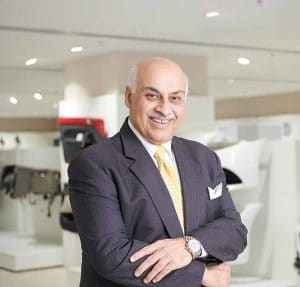
The company’s JV partner PKC, the wiring harness business operated by MSSL witnessed a sharp drop in volumes on a Quarter-on-Quarter (QoQ) basis both in China and the EU. The latter, a JV with Sumitomo Wiring Systems, Japan for wiring harnesses manufacturing is known to manufacture wiring harnesses, high tension cords, battery cables and high-level assemblies. The difficulties for PKC are known to have mounted as a result of cost elevation due to new launches and supply chain disruptions. The JV is crucial to MSSL’s plans for e-mobility as the latter brings a lot to the table.
Samvardhana Motherson Peguform (SMP) is known to develop and manufacture plastic parts and highly integrated modules while Samvardhana Motherson Reflectec (SMR) develops and manufactures rearview mirror systems and intelligent cameras technologies. In a comparison study between the two, SMP revenues decreased by 12 per cent to Euro 801 mn in Q2FY22 compared to the same period in the previous year (Q1FY21). On the other hand, Samvardhana Motherson Reflectec (SMR) into rearview mirror systems and intelligent camera technologies witnessed a 17 per cent drop in revenues to Euro 289 mn from Euro 350 mn in the same period a year ago (Q1FY21). PKC revenues were up eight per cent in Q2FY22 at Euro 283 compared to Euro 263 in Q1FY21. On a consolidated basis, revenues for MSSL grew by a margin of 32 per cent to Rs.31,594 crores compared to Rs.23,988 crores in H1FY21.
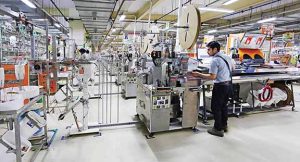
Strong prospects
The majority stake acquisition of CIM Tools is in line with MSSL’s strategy to penetrate non-automotive segments in line with its five-year outlay, ‘Vision 2025’. The latter has an over Rs.15 Bn (over USD 200 mn) cumulative booked business potential. The company is known to have reported a pro forma consolidated turnover of Rs.2,031 Mn in FY20 and Rs.1,296 Mn in FY21. Explaining the strategy behind the acquisition, mentions Sehgal, “This acquisition is our first significant step towards growth in the aerospace business. This is in line with our diversification strategy and will help us in strengthening our non-automotive business.” Sehgal draws attention to it being the 27th acquisition by Motherson ( the oldest JV partnership being of 38 years), and the company is convinced of working towards penetrating diverse industries globally. The company is known to have built 41 new plants globally as a testimony.
Through its collaboration with Marelli Automotive Lighting (Marelli), the company has extended its existing JV Marelli Motherson Automotive Lighting India Pvt. Ltd., a 50:50 JV established in 2008. The new tool room in India is aimed at localising tools for the domestic market. These tools are known to be erstwhile imported. It is expected to result in high precision and aesthetical automotive lighting solutions. The tool room will be based out of Delhi (Noida)is and expected to commence production in the third quarter of 2023 (Q32023). Marelli in turn also expects to benefit from synergies between three other automotive lighting tool rooms in other regions. Through the SMRP BV MoU with Marelli Automotive Lighting, the company is exploring opportunities in smart illuminated exterior body parts. Here, the focus is on front grills, bumpers, among other parts. Grills and bumpers, notably, will house the sensors known to play a crucial role with the growing acceptance of Autonomous Driver Assistance Systems (ADAS) and Autonomous Driving (AD).
With a product pipeline including cockpits, door panels, bumper modules and plastic vehicle body parts, JV partner SMP is claimed to have penetrated Europe, North America, South America and Asia, SMP is a supplier to major OEMs and offers strong prospects for growth. SMR with the development and manufacture of rearview mirror systems and intelligent camera technologies holds the potential for compliance-driven technological developments in regions like the EU. Its manufacturing, design and marketing centres span across the USA, Mexico, Brazil, UK, Spain, France, Germany, Hungary, India, China, South Korea, Thailand, Japan and Australia.
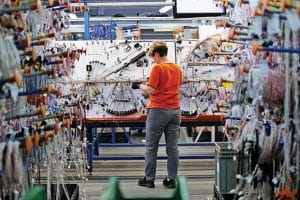
PKC is known to offer complete solutions spanning design from basic vehicle schematic, development, prototyping, validation and manufacturing of wiring harnesses for passenger cars, commercial vehicles, two and three-wheelers, multi-utility vehicles, and off-road vehicles. It is claimed to benefit from the vertical integration of critical wiring harness components like wires, connectors, terminals, grommets, junction boxes, relay boxes, protectors with an added advantage of assuring a reduced time to market. The capability of designing and manufacturing circuit checking and assembly boards, complete with state-of-the-art facilities for the wiring harness and component testing is claimed to make the company a full system solutions provider.
The company is buoyant with strong prospects for the long term. The order book led by EVs is strong. In the closing order book, the share of EVs is pegged at 27 per cent representing unconsolidated JVs. This further includes pure EV programs excluding electric versions of multi powertrain vehicles. The SOP and new orders stand at Euro 4.5 bn of the order book valued at Euro 15.3 bn as of September 30, 2021.
At the beginning of H22021, Motherson announced a technical collaboration with California-based startup Gestoos. The latter is known to leverage Artificial Intelligence (AI) for human detection and behaviour monitoring. Interestingly, the objective is to detect infants reliably in baby seats in both the front and rear-facing orientations. Its ‘Creator Platform’ is understood to be compatible with both 2D and 3D camera sensors where detection engines are claimed to have been optimised for diverse chipsets. In-cabin monitoring solutions are becoming increasingly important according to Timo Schwarz, Chief Technology Officer of Motherson Innovations, and the company is expected to test and validate similar solutions going forward too.
On the front of the smart surface, MSSL has made two strategic, technical collaborations. Its collaboration with Sensel into interactive touch technologies (automotive interfaces) and with Dycotec Materials, a UK based advanced materials startup into developing and manufacturing transparent and non-transparent conductive, insulator and barrier layer inks and coatings (for automotive and semiconductors) are expected to help the company enhance consumer experience and bring more value to the table according to Schwarz. A button less touchpad and high-resolution touch sensor are the kinds of products born out of these collaborations.
Carbon neutrality goal
Motherson announced that it joined the United Nations’ Global Compact. Claimed to serve as an endorsement of the principles-based approach to doing business that the UN encourages and as an inspiring source of knowledge, guidance and motivation, the company has been vocal to draw attention to the connect on sustainability initiatives, and actions planned in the areas most important to Motherson and its stakeholders to the UN SDGs. Aiming to work closely with customers and attain economic circularity, the company is closely looking at the transition to electric engines and fuel-cell powertrains that are expected to present new opportunities.
Future outlook
The outlook for the third quarter (Q32022) is also likely to be influenced by supply side challenges. The company is watching the price hikes of commodities (raw input materials closely) as it expects robust passenger vehicle demand to drive growth. Sehgal states, “The global automotive industry continues to face multiple challenges on account of supply chain disruptions. Our strategy of 3CX10 has helped us limit the impact to our earnings. Our teams are working very hard to support the customers and deliver value to our stakeholders.” On dealing with the headwinds till the situation eases, he added, “We are focused on controlling our cost structure and conserving cash in the current volatile market conditions. We expect the industry headwinds to ease gradually in the upcoming quarters.” 3CX10, in effect, means no component, no country, no customer will account for more than 10 per cent of the revenue, and is known to be a downwards revision from 15 per cent in 2020. MMSL has set a target of USD 36 bn in revenue for 2020-2025 with a 40 per cent ROCE. Notably, 75 per cent of the revenues are expected to come from new automotive collaborations the company has formed. Over the long term, the company is focused on delivering an immersive interior experience, smart vehicle dynamics, connected electrification, intelligent manufacturing, and environmental sustainability. There is an equitable return on technical collaborations!


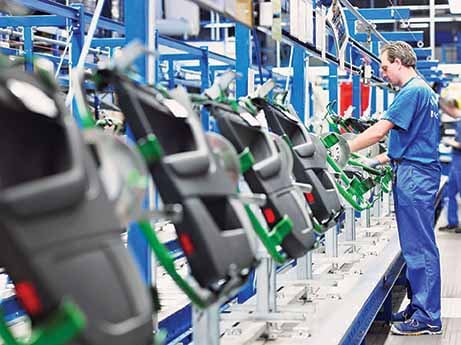
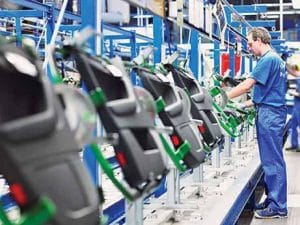
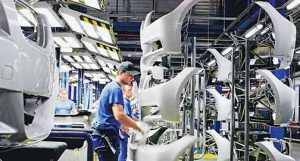
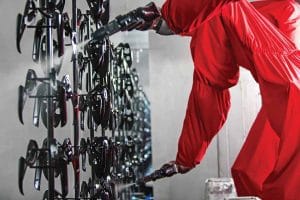

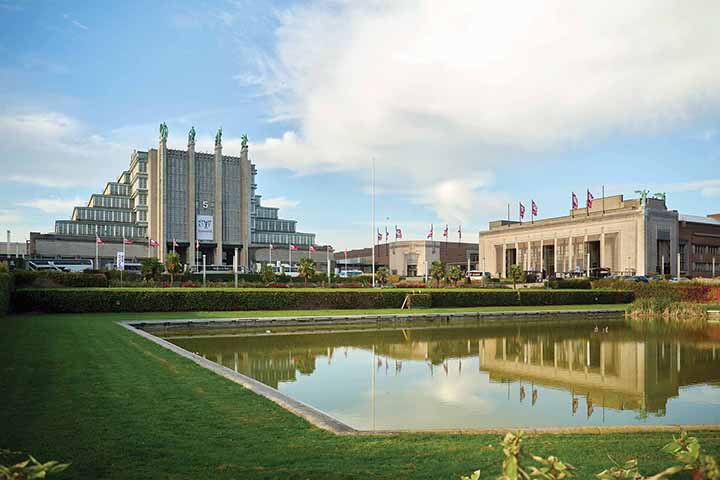
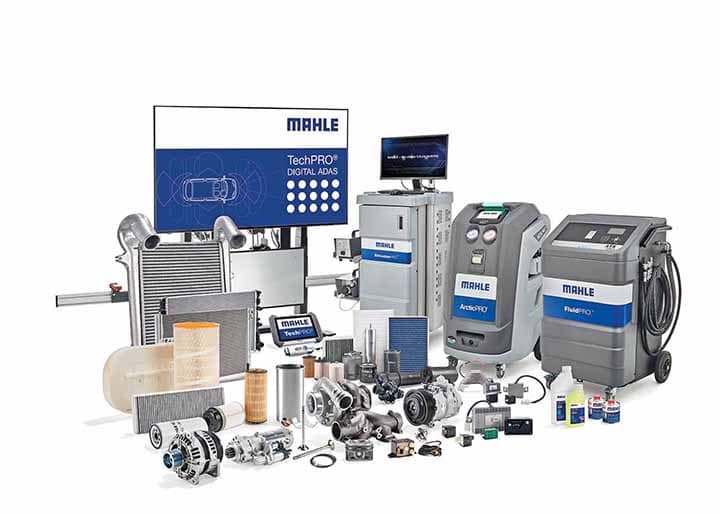

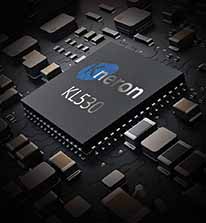
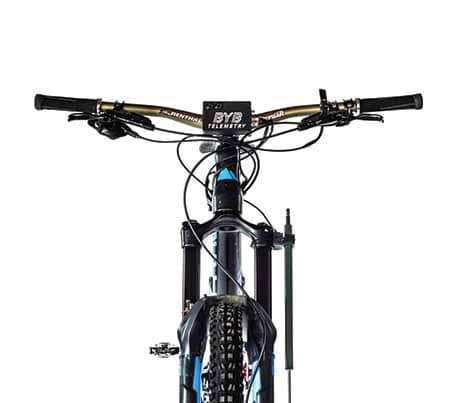
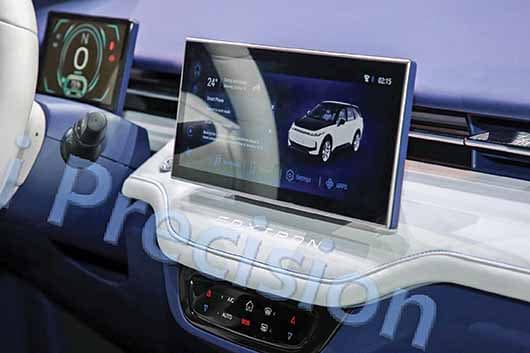
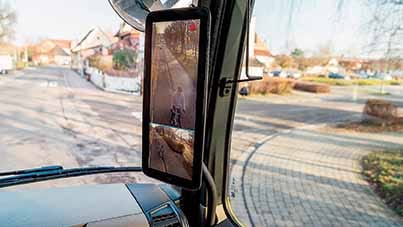
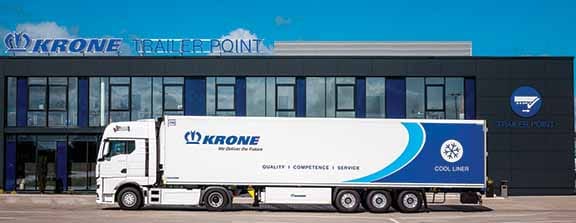




Leave a Reply